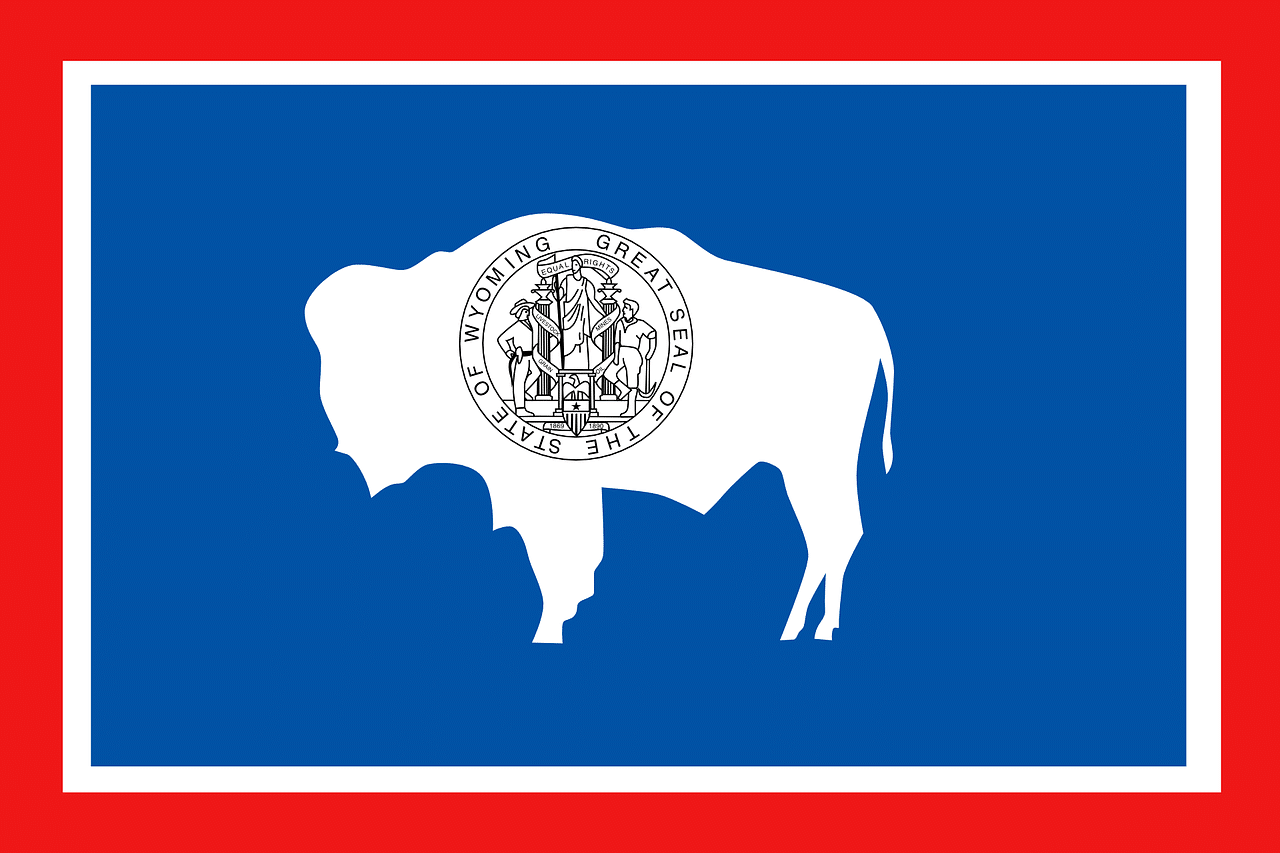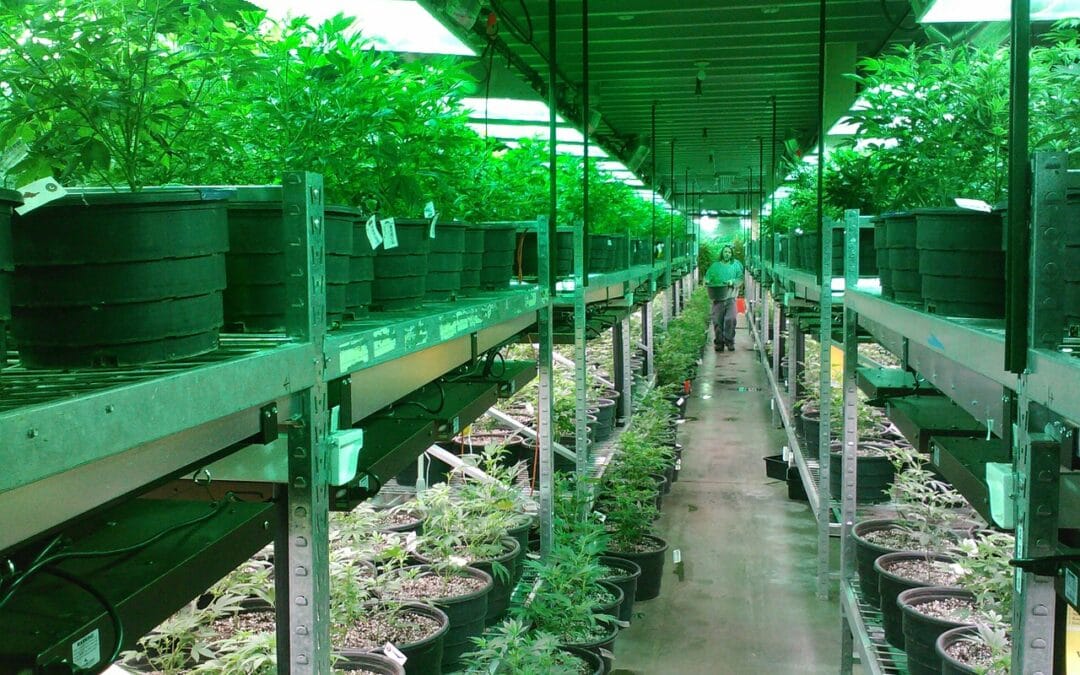
by The Real Dirt | Aug 20, 2021 | 420 News, Blog, Business, Cannabis Business, Cannabis Law, Cannabis Law and Compliance, Cannabis News, Industry News, Legalization
New Jersey’s Cannabis Regulatory Commission has approved rules to set up the state’s recreational marijuana marketplace.
TRENTON, N.J. (AP) — New Jersey‘s cannabis regulators on Thursday approved rules to set up the recreational marijuana marketplace, giving application priority to women-, minority- and disabled veteran-owned businesses and paving the way for sales to begin.
A timeline for when people 21 and older could head to a retailer to buy a marijuana cigarette, vape pen or edible wasn’t given, but chairperson Dianna Houenou said after the meeting that a date for when sales can begin hasn’t been set yet because the commission wants to be sure that the application process goes smoothly. She said the start date is “admittedly uncertain.”
“We know that there is a lot of interest in getting this market up and running and we were duty-bound to do it right,” she said in a separate statement.
The five-member commission, which was established under a February law, voted unanimously to approve the the 160-pages of regulations. The rules got expedited treatment under the law, sidestepping the usual public comment and response period.
Commission executive director Jeff Brown said a next step will be a notice that applications will be accepted.
The rules focus heavily on what commissioners called equity — a main driver of the legislation because of years of disproportionate enforcement of marijuana laws against Black residents in particular.
Among the rules is priority for applications from companies owned by minorities, women and disabled veterans, as well as for those from poor areas and past marijuana-related criminal offenses.
Application fees were designed to be low to encourage small business owners, and not just major firms, from applying, with fees as low as $100. Annual licenses for microbusinesses — firms with 10 employees — will cost $1,000. Large businesses could pay up to $50,000 for an annual cultivator license.
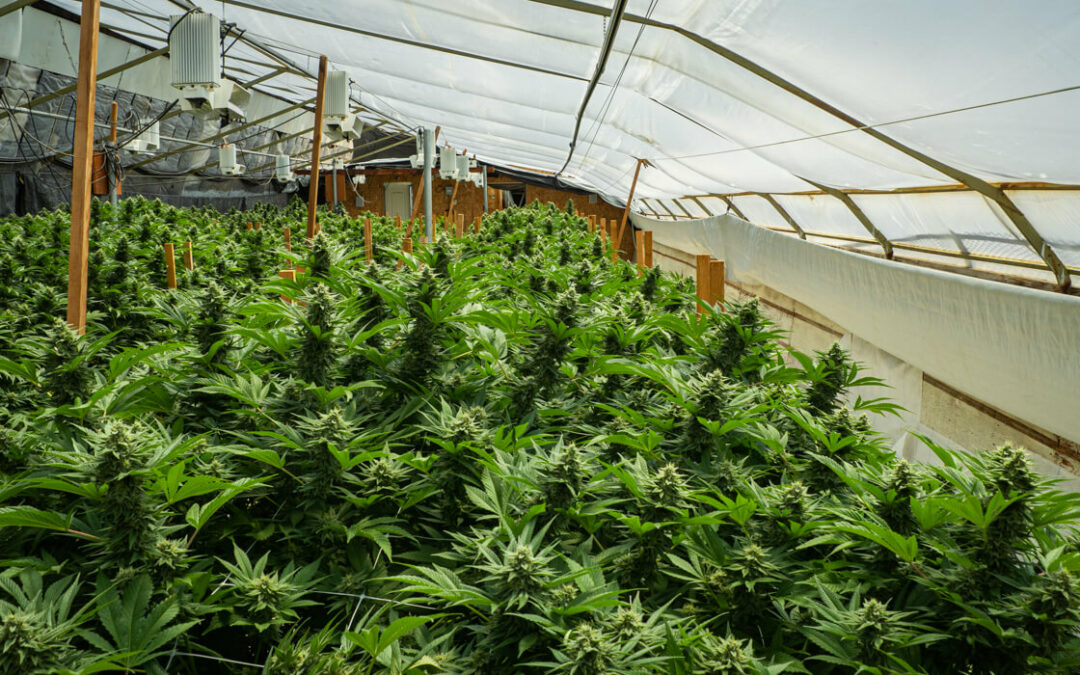
by The Real Dirt | Aug 17, 2021 | 420 Culture & Travel, 420 News, Blog, Business, Cannabis Business, Cannabis News, Growing, Industry News, Legalization, Politics
Many Humboldt County growers are struggling this season as the price of cannabis falls in California.
Humboldt County announced more than $2 million in grant funding available through Project Trellis, the county’s cannabis micro-grant, marketing and local equity program, to help the local cannabis community enter into the commercial cannabis marketplace. Those eligible can apply for up to $10,000 “per service” in accordance with Humboldt County’s eligibility requirements for Project Trellis.
“All applications and supporting documents will be reviewed by Economic Development staff to ensure the applicant meets eligibility criteria. Some projects may receive a lower amount than what was requested, based on the availability of funds or needs of service,” a news release from the county stated.
“A typical approval process can take 60 or more days from when the application is received. Upon approval, the applicant will receive a notice of award, contract, fund request form and a W9 form.”
Project Trellis was built as a three-tier program to redirect cannabis tax revenue back into the local economy. In September 2019, the county sought proposals for cannabis branding and marketing.
The goal of the program is to “implement the recommendations set forth in the Humboldt County Cannabis Equity Assessment” and “to further equity among those impacted by the criminalization of cannabis, by providing services to individuals in Humboldt County’s cannabis community, particularly small growers who were adversely affected by the criminalization of cannabis.”
While $2 million may seem like a big chunk of change, Humboldt County Growers Alliance executive director Natalynne DeLapp said the county’s “independent cannabis farmers are in crisis.”
“It is great that the county developed Project Trellis…and (has) secured nearly $5 million in funding from the state to support communities most impacted by the War on Drugs in entering the regulated cannabis market, but now it is time to get serious,” she said. “…Perhaps 200 of Humboldt County’s 900-plus cultivation operators, who can prove the War on Drugs has negatively impacted them, could receive up to $10,000 in fee waivers for professional services like fee waivers, technical assistance or installing solar or water storage systems.”
![[Denver Post] Oklahoma is the new “Wild West of weed” — and Colorado marijuana entrepreneurs are helping fuel the green rush](https://therealdirt.com/wp-content/uploads/2021/08/TDP-L-Oklahoma-cannabis-RJS-31799.jpeg)
by The Real Dirt | Aug 16, 2021 | 420 Culture & Travel, Blog, Business, Cannabis Business, Cannabis Law, Cannabis Law and Compliance, Culture, Denver Post, Growing, Industry News, Legalization, Medical Marijuana
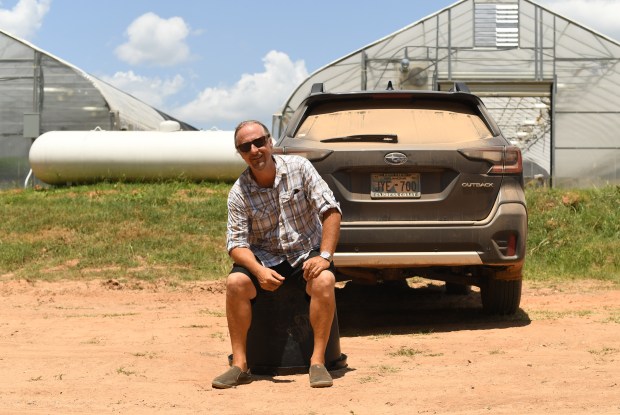
Lax regulation and low barriers to entry have triggered cannabis’s explosive growth in Sooner State
OKEMAH, Okla. — Chip Baker surveyed a vast field on the outskirts of an old hay farm an hour east of Oklahoma City, his ponytail waving in the thick, humid air, his voice growing excited.
“This is probably the largest collection of Squirt in the world!” he boasted, pointing to an array of neatly plotted cannabis plants before him that will soon flower pounds of the popular strain.
Baker would know. From the time he planted his first marijuana plant at 13, he’s been all about growing weed. A dream formed in the Georgia fields took him to Humboldt County, California — the nation’s earliest pot epicenter — then Colorado, the country’s first recreational market.
But it’s here in rural Oklahoma, down a dusty dirt road along the banks of the North Canadian River, where true cannabis cowboys — including droves of Colorado entrepreneurs like Baker — are buying mammoth properties to grow mammoth numbers of plants, all in a quest for mammoth stacks of kush-derived cash.
It’s a place unlike virtually any other in America.
“Other states grow patches,” Baker said with a grin, taking in the 90-acre, 40,000-plant cannabis farm before him. “In Oklahoma, we grow fields.”
The Sooner State, as deeply red as the American political palette will go, has almost overnight become the hottest place in the country to grow marijuana. It’s an unprecedented look at what happens when the government stays largely out of the picture and lets the free market run wild.
And Colorado businesses are pumping their sizeable dollars and cannabis expertise into the state, hoping to cash in on what Baker and others in the industry call the next green rush.
“It’s the Wild West of weed,” he said, “in all its glory.”
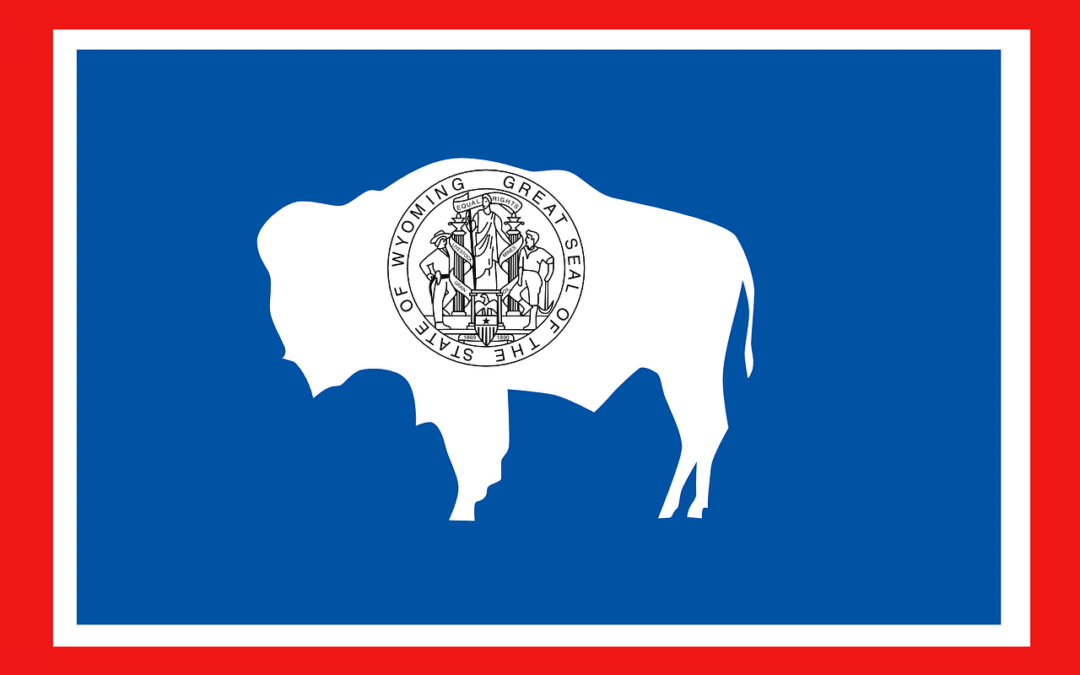
by The Real Dirt | Aug 12, 2021 | Blog, Cannabis Law, Cannabis Law and Compliance, Cannabis News, Industry News, Legalization, Medical Marijuana, Politics
Wyoming’s medical cannabis ballot initiative cleared its first major hurdle on Wednesday.
The Wyoming Secretary of State certified the required sponsor signatures to begin the process. Only 100 were needed, supporters of medical cannabis in Wyoming provided 250.
The Libertarian Party, which is backing the initiative, said it now allows supporters to start gathering 41,776 signatures from people across Wyoming. If that is successful, it would qualify to go before voters on the 2022 ballot. The initiative would legalize medical cannabis and decriminalize marijuana for personal use.
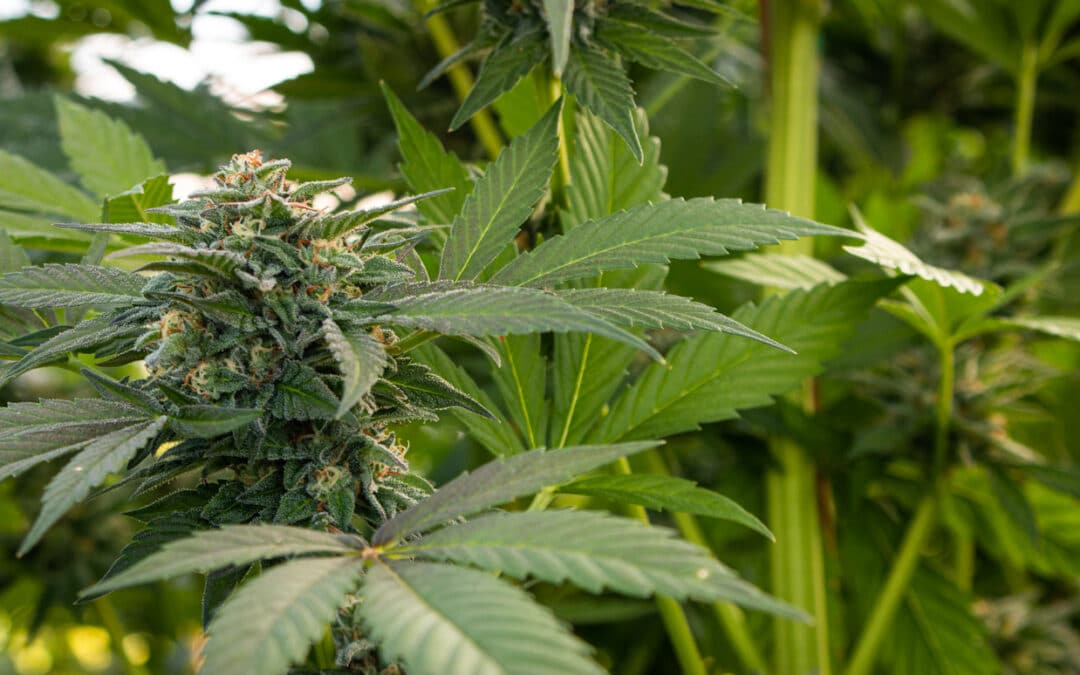
by The Real Dirt | Aug 11, 2021 | Blog, Cannabis Business, Cannabis News, Industry News, Legalization
Maine’s recreational cannabis sales continued to soar in July, reaching a new high and more than doubling their growth pace.
Sales of cannabis for recreational, adult use hit $9.43 million, up 45% from June’s record total of $6.47 million. More than 124,000 purchases took place over the month of July, raking in $943,480 in sales tax, according to data from the Maine Office of Marijuana Policy.
“These numbers demonstrate that, as access improves, more consumers are choosing the tested, tracked, and well-regulated market over a longstanding illicit market,” OMP spokesman David Heidrich told Mainebiz.
“With that said, anecdotally, it would appear as though the natural growth of this new industry, the Independence Day holiday, and summer tourism have all contributed to the robust sales growth witnessed in July.”
Maine’s recreational adult-use industry has continued to grow from its first month of sales in October 2020 of approximately $1.4 million with only six active licensees, according to OMP. June’s record sales of $5.36 million were up nearly 21% from May, and May’s were up 23% from the previous month.
To date the industry has brought in a total of more than $38.6 million and over $3.8 million in taxes in less than a year.
With more and more applicants applying for licenses, the trend looks likely to continue. There are currently 46 licensed retail stores in the state, and another 194 in the process of getting licensed.
There are 43 licensed facilities actively cultivating cannabis and another 183 in process. Sixteen of those are certified to produce “clean cannabis” from the Maine Organic Farmers and Gardeners Association.

by The Real Dirt | Aug 10, 2021 | 420 News, Blog, Business, Cannabis Business, Cannabis News, Culture, Industry News
In a historic year for Washington companies going public, Seattle-based Leafly, an online cannabis marketplace, will push the 2021 total even higher.
The company announced Monday it will go public through a special merger with New York-based Merida Merger Corp (Nasdaq: MCMJ). The transaction is expected to value Leafly at $385 million and add approximately $161 million of additional proceeds to the company.
The combined company will adopt Leafly’s name, and is expected to trade on Nasdaq with the ticker symbol “LFLY.” The company said it will list its shares once the merger is complete, likely sometime this fall.
According to PitchBook, 15 companies in Washington have gone public in 2021 so far, five more than last year’s total, and the most the state has seen in the last five years.
“Online retail shopping is in our DNA,” said Yoko Miyashita, CEO of Leafly, in an interview. “What you see is … this realization from consumers that say ‘Oh, (cannabis) is like any other retail product I can order online.”
Leafly earned $36 million in revenue last year, up from $30 million in 2019, according to its investor presentation. This year, revenue is expected to increase to $43 million, and grow roughly 50% annually through 2024.
Still, the company does not expect to be profitable until 2024, predicting it will lose at least $15 million in net income from 2021 to 2023.
The company makes money mostly through subscription fees it charges cannabis retailers who list their menus on Leafly’s platform. Customers place orders with retailers through the online site, but still have to go to the cannabis shop in person to pick up their product. Leafly does not take a commission from each transaction but does make money off ad sales from retailers.
The company said it has 4,600 paying retail subscribers, with approximately 55% of North American retail cannabis licensees on its platform and 125 million annual visitors.
Miyashita said cannabis retailers are “constrained” in their ability to advertise on major social media networks because of federal prohibition laws. Leafly’s platform, giving retailers and consumers an opportunity to reach each other, is “huge,” she said. “We have one of the largest audiences in cannabis.”

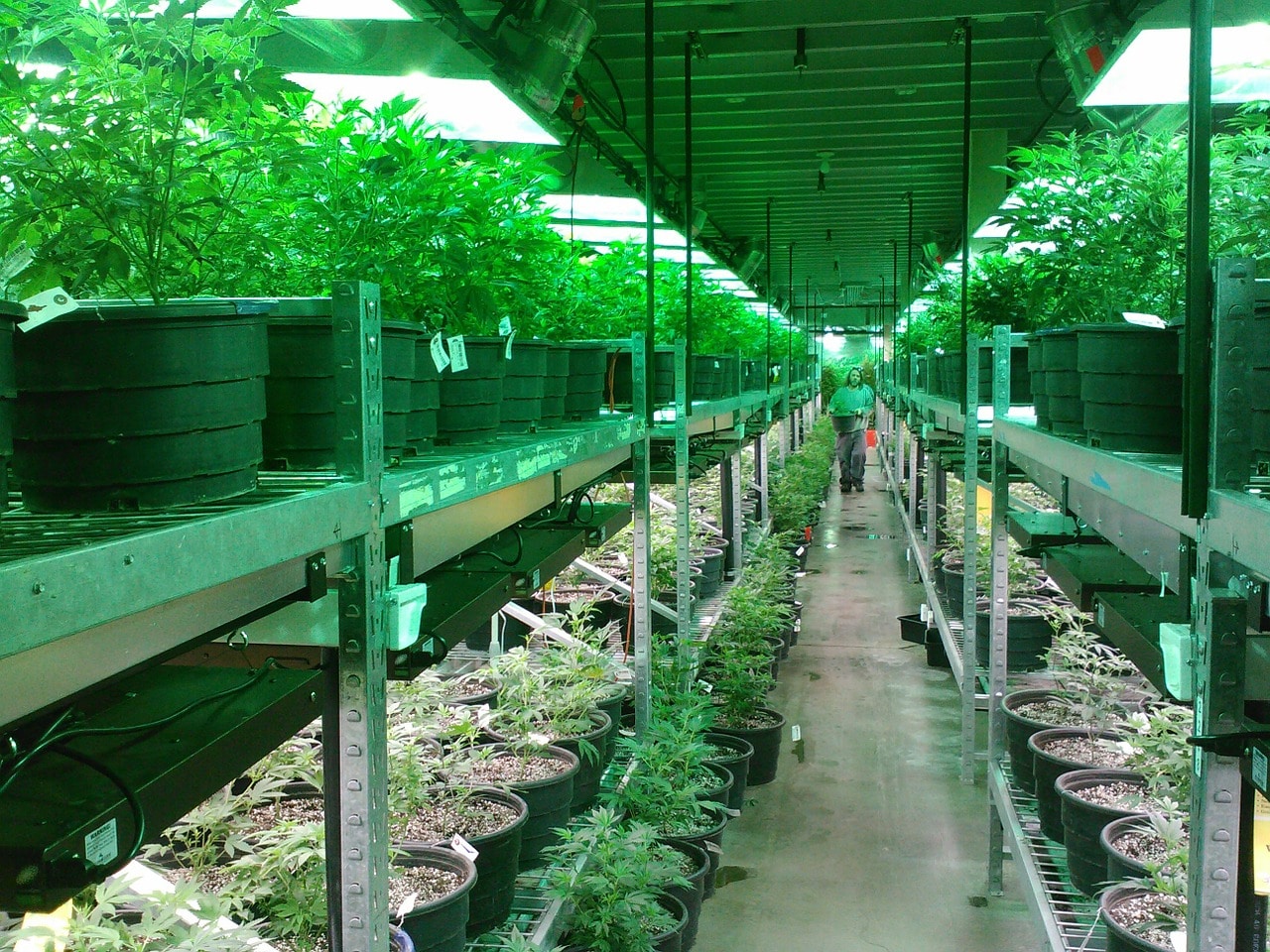


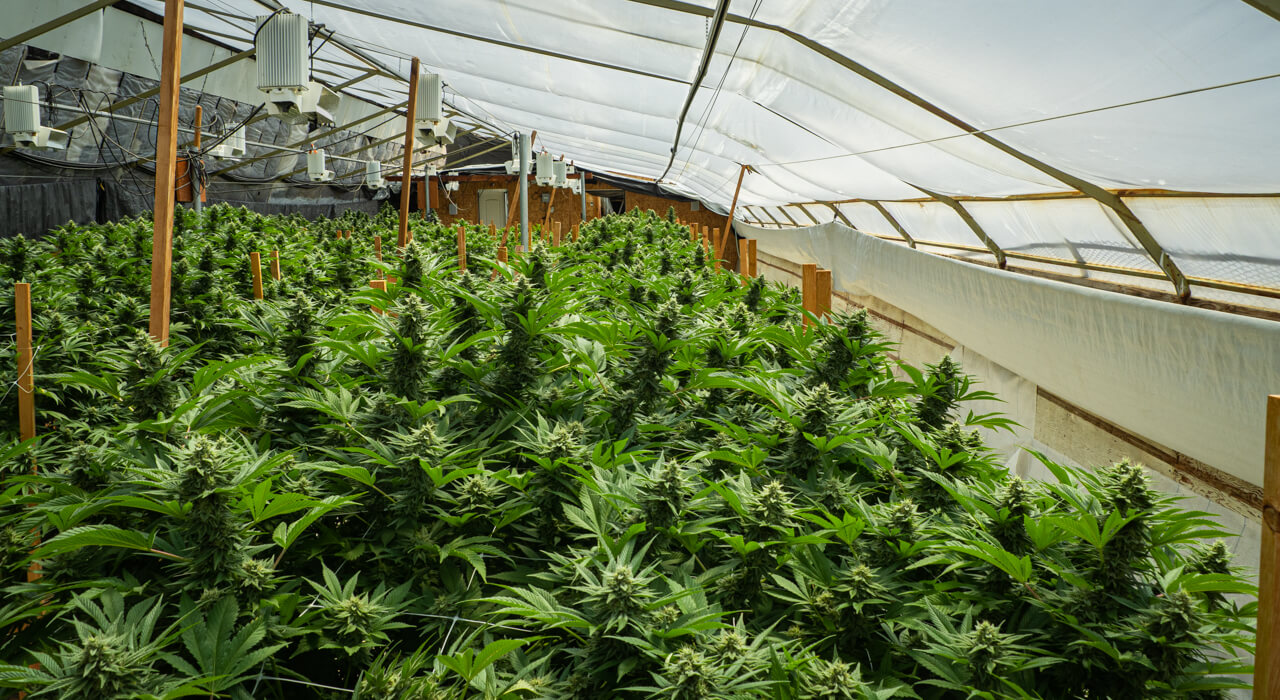
![[Denver Post] Oklahoma is the new “Wild West of weed” — and Colorado marijuana entrepreneurs are helping fuel the green rush](https://therealdirt.com/wp-content/uploads/2021/08/TDP-L-Oklahoma-cannabis-RJS-31799.jpeg)

